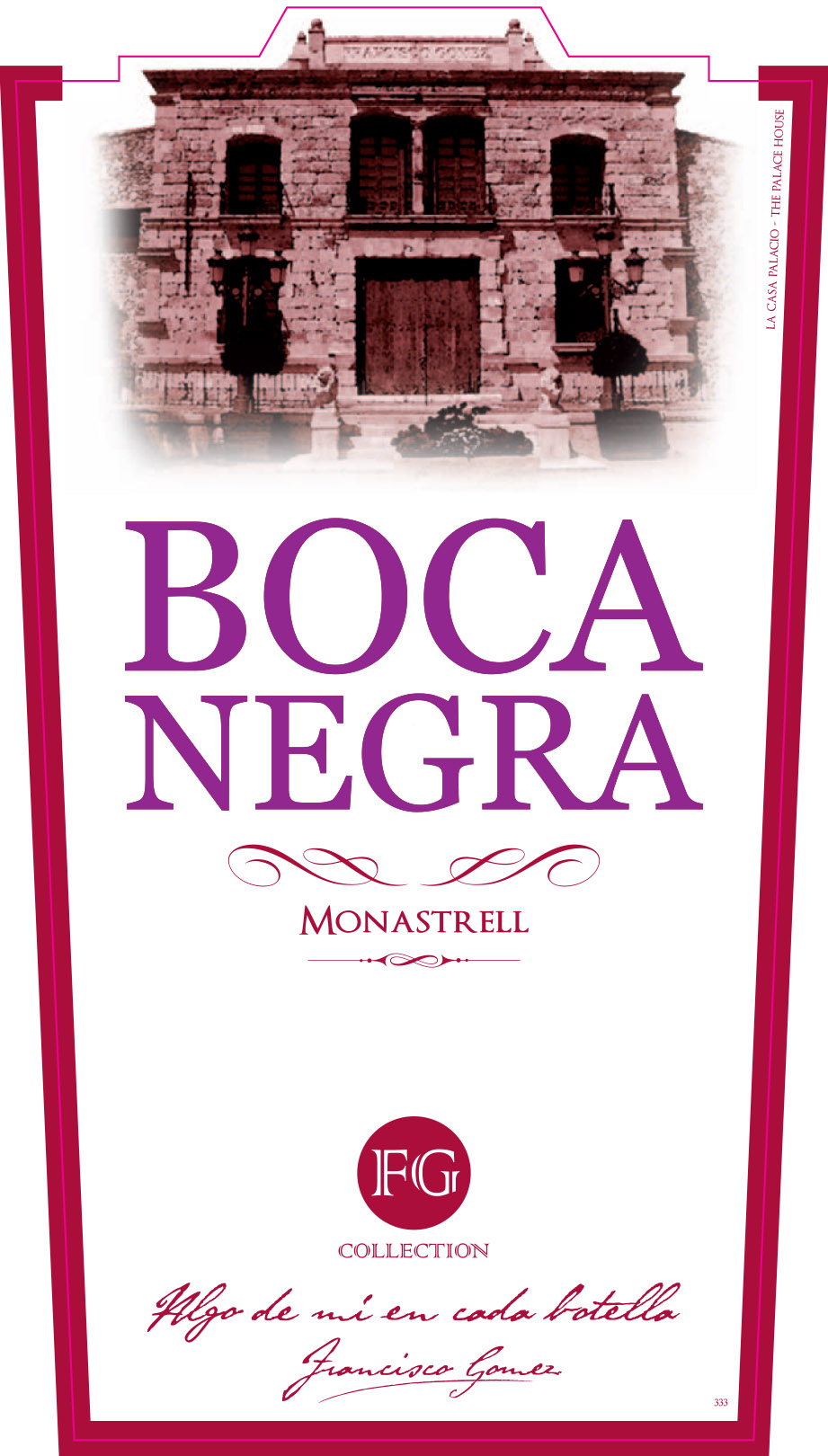Alicante Monastrell
The Francisco Gomez Boca Negra Monastrell from Alicante is an impressively rich red wine that perfectly captures the essence of its region. Renowned for its full-bodied structure, this Monastrell boasts a high fruit intensity with prominent notes of blackberries, dark cherries, and a touch of plum. The firm tannins lend it a robust and structured presence, while the high acidity provides a vibrant and mouthwatering experience. Its depth and complexity are a testament to the meticulous winemaking practices in Alicante, a region celebrated for producing exceptional, award-winning wines. This standout Monastrell promises a memorable and delightful tasting journey.
The Francisco Gomez Boca Negra Monastrell from Alicante is an impressively rich red wine that perfectly captures the essence of its region. Renowned for its full-bodied structure, this Monastrell boasts a high fruit intensity with prominent notes of blackberries, dark cherries, and a touch of plum. The firm tannins lend it a robust and structured presence, while the high acidity provides a vibrant and mouthwatering experience. Its depth and complexity are a testament to the meticulous winemaking practices in Alicante, a region celebrated for producing exceptional, award-winning wines. This standout Monastrell promises a memorable and delightful tasting journey.




